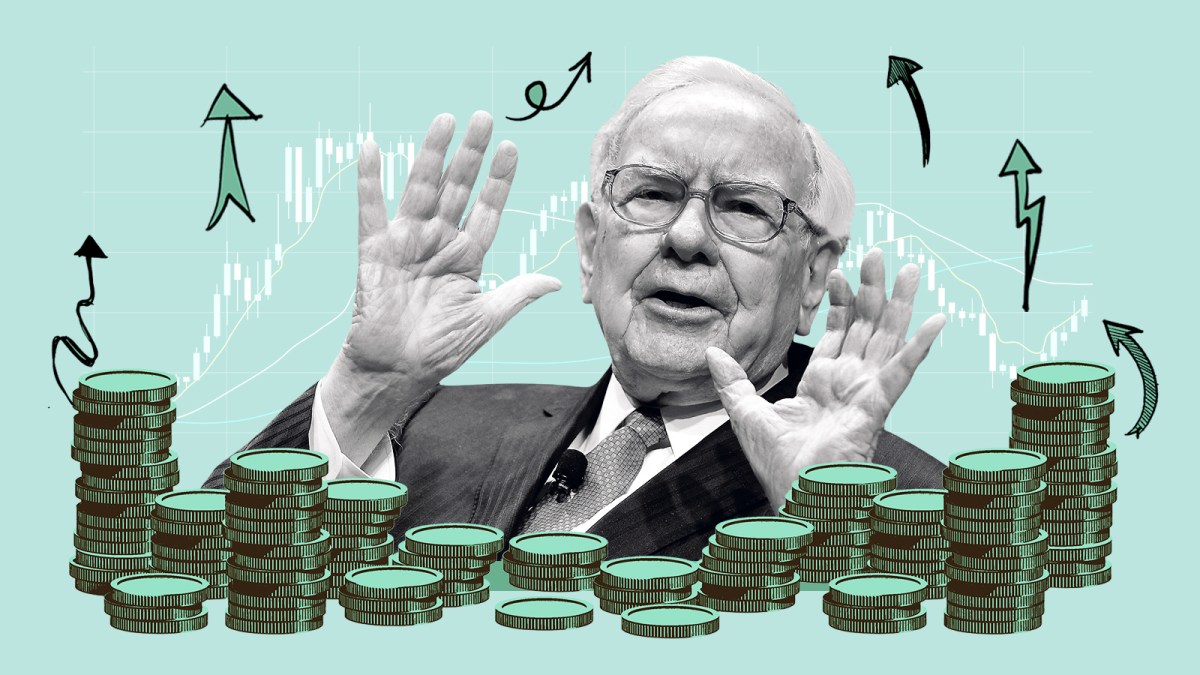
Former U.S. President Donald Trump’s proposed return to tariffs and alternative trade deals may bring renewed interest in value stocks—a frequently overlooked segment of the equity market. According to investment analysts, these policy shifts could favor domestic manufacturers and traditional industries, typically represented in value-oriented portfolios.
Trump has hinted at imposing broad tariffs, including a proposed 10% tax on all imports, along with targeted levies particularly aimed at Chinese goods. His campaign rhetoric emphasizes reshoring American manufacturing and protecting domestic jobs, strategies that could benefit sectors such as industrials, energy, and materials—often home to value stocks.
Value stocks are typically considered undervalued relative to their earnings and assets. In contrast to growth stocks—such as those dominating the technology sector—value shares often trade at lower price-to-earnings ratios and higher dividend yields. These stocks have struggled in recent years, particularly as tech firms surged throughout the pandemic and post-pandemic periods.
Should Trump’s proposed economic agenda take effect, investors may rotate away from high-flying growth firms toward sectors with more stable but less headline-grabbing fundamentals. Analysts note that manufacturing, construction, and utility companies could especially gain from protectionist policies.
Moreover, Trump’s America-first economic positioning may lead to increased fiscal spending focused on national infrastructure and industrial capacity, further boosting demand for goods and services provided by value-oriented businesses.
Financial advisors note that while such policy moves could temporarily strengthen value stocks, long-term performance will depend on broader economic variables such as inflation trends, interest rate policy, and global trade responses. Investors are encouraged to maintain diversified portfolios while keeping an eye on political developments that could impact market dynamics.
Ultimately, a potential resurgence in value investing—fueled by geopolitical and macroeconomic shifts—could prove influential in shaping equity markets in the coming cycle, reversing a decade-long dominance by the growth-oriented segment.
Source: https:// – Courtesy of the original publisher.








